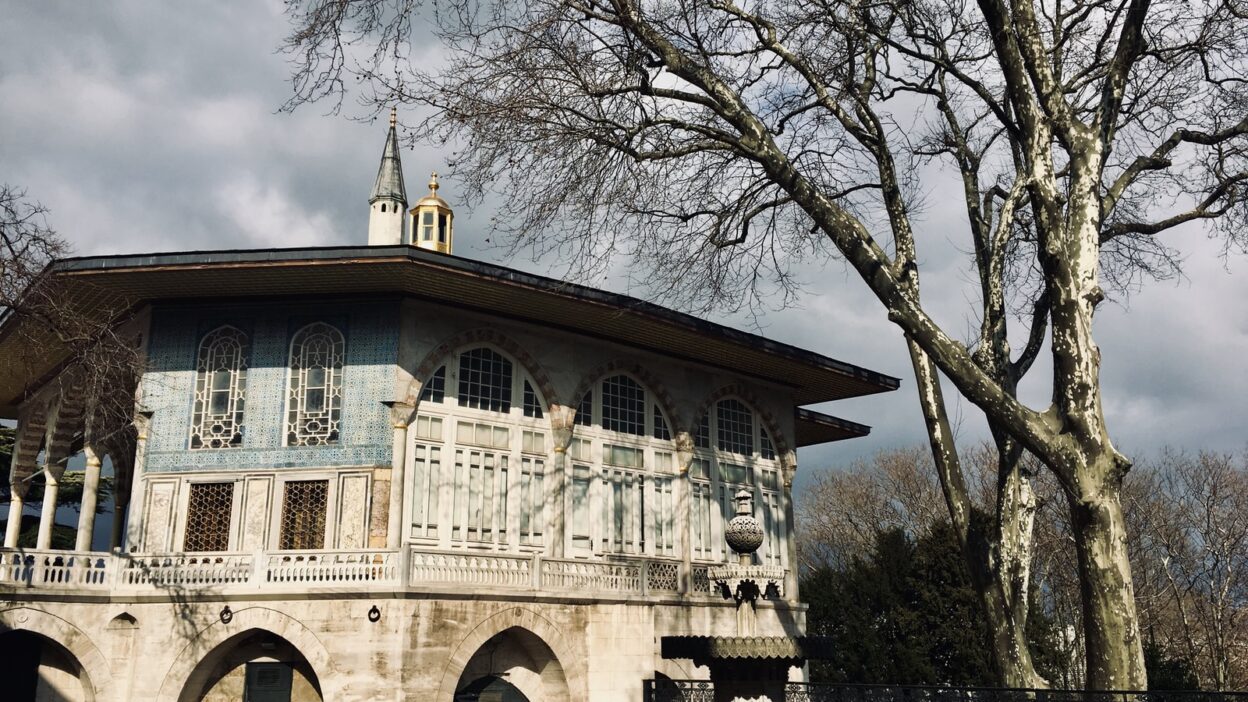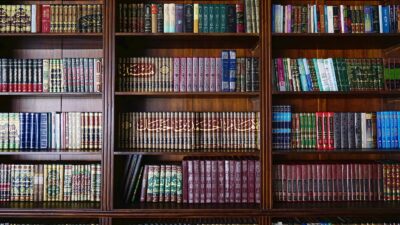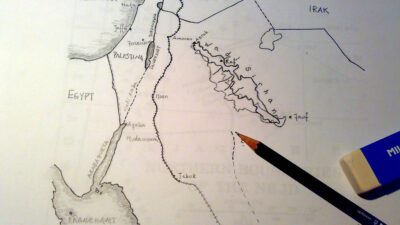Introduction
The hadith rejectors find themselves in a quandary when asked about the various details of how to pray and other acts of worship, as these are contained within the hadith. So to get around this they come up with a bizarre response. They claim that religious practices are derived from Prophet Ibraheem, and not the hadith.
How to pray according to Rashad Khalifa
He states: “THEIR FAVORITE QUESTION: "If Quran is complete and fully detailed (as God says), where can we find the details of Salat prayers?" This famous question reveals their total ignorance of Quran and a subconscious effort to prove that God is wrong in His repeated assertions that Quran is "complete" and "fully detailed." For the Quran teaches in no uncertain terms that Abraham is the founder of Islam as it is practiced today. As such, what did Abraham contribute to our daily life as Muslims? “The Quran teaches that ALL RELIGIOUS PRACTICES IN ISLAM (Salat, Zakat, Fasting & Hajj) CAME TO US FROM ABRAHAM, GENERATION AFTER GENERATION. Thus, Islam in its final form, as is practiced today, is based on two things: (1) QURAN: contributed through Muhammad, and (2) RELIGIOUS PRACTICES: through Abraham” (Khalifa, 2001:40) [capitals are his].
How to pray according to Kassim Ahmed:
Kassim Ahmed is an infamous hadith rejector from Malaysia. He states: “The Quran clearly states that the obligatory prayers and all other religious observances of Islam were originally taught to Abraham. All the prophets and their true followers since Abraham practiced them, but, as the Quran also informs us, later generations, including the Arabs at the advent of Muhammad, had lost these prayer. A moment's thought will also make us realize that we do not learn how to pray from the ḥadīth. We learn to do so from our parents and teachers who inherit the practice through the generations from the first source, that is Prophet Abraham”. (Ahmed: 1997: 14) (See this article page 8 )
A response to their doubts
A number of points can be made in reply to this.
Firstly, Khalifa here states that Islam is based on two things: Qur’ān and religious practices. This contradicts his main hypothesis, which he maintains throughout his books, that the Qur’ān is the sole source of guidance.
Secondly, if we accept that the Prophet received the manner of his prayer “generation after generation” from Prophet Ibrahīm, it still begs the question: how was the description of the prayer transmitted from the Prophet (salalahu alaihi wa sallam) to the Muslims who came after him. It must have been reported from those who witnessed it, to the tabi’īn, and from the latter to the next generation, and so on. This is precisely what the ḥadīth is; a report about what the Prophet said or did, through a chain of transmission.
Thirdly, if the correct mode of the prayer is from Ibrahīm, then why do some of the Quraniyūn pray only twice a day, others pray three times a day, and others four, five and even six times a day. Which one did the one who they claim to follow pray?
Fourthly, did the manner of the prayer (and other religious practices) that came allegedly came from Prophet Ibrahīm to the Prophet, remain intact? According to Khalifa, it did:
“Thus, Abu Lahab, Abu Jahl, and the idolaters of Quraish used to observe the FIVE DAILY SALAT PRAYERS exactly as we do today, with the single exception of substituting the Quranic Faatihha for the Ibrahimy Faatihha” (Khalifa: 2001:41).
A contradiction
However, Khalifa contradicts himself a few line later by quoting the verse from Sūrah Anfāl: 34 “And their worship at the House is nothing but whistling and clapping”.
This verse shows that not only was the pure monotheism of Ibrahīm distorted by the pagan Arabs, but the various acts of worship, including the prayer were also distorted. The prayer of Abu Lahab, Abu Jahl, and the idolaters of Quraish was nothing but ‘whistling and clapping’. They would perform the tawāf naked, they had idols of Safa and Marwa, and even their talbiyah contained shirk. It is inconceivable that mode of the various acts of worship (from Prophet Ibraheem) would be preserved by a people who distorted and corrupted the very foundation of the religion; tawhīd. In fact Allah rebuts the claim of the disbelievers when they said that they were following the Prophet Ibrahīm.
Our parents not the Prophet
Ghulam Ahmed Parwez, who took his hypothesis from Khalifa, adds to the confusion by stating:
“as the Quran also informs us, later generations, including the Arabs at the advent of Muhammad, had lost these prayers”,
but then come up with a novel explanation as to how we should pray: “…we do not learn how to pray from the ḥadīth. We learn to do so from our parents and teachers who inherit the practice through the generations from the first source, that is Prophet Abraham”.
Two simple questions
Firstly, how are we supposed to go back to the first source if the Arabs at the time of the Prophet had lost these prayers?
Secondly, regarding learning from parents and teachers, who did the Companions learn from; their parents, or their teacher, the Prophet Muhammad (salalahu alaihi wa sallam). The way in which the Companions conveyed the manner of the prayer to the following generation was through narration of ḥadīth.





